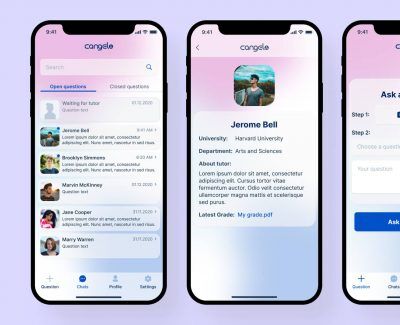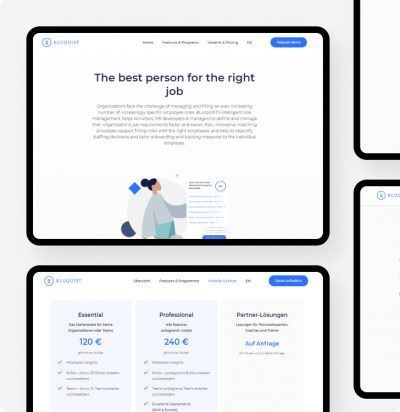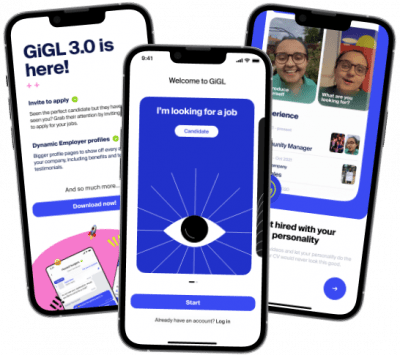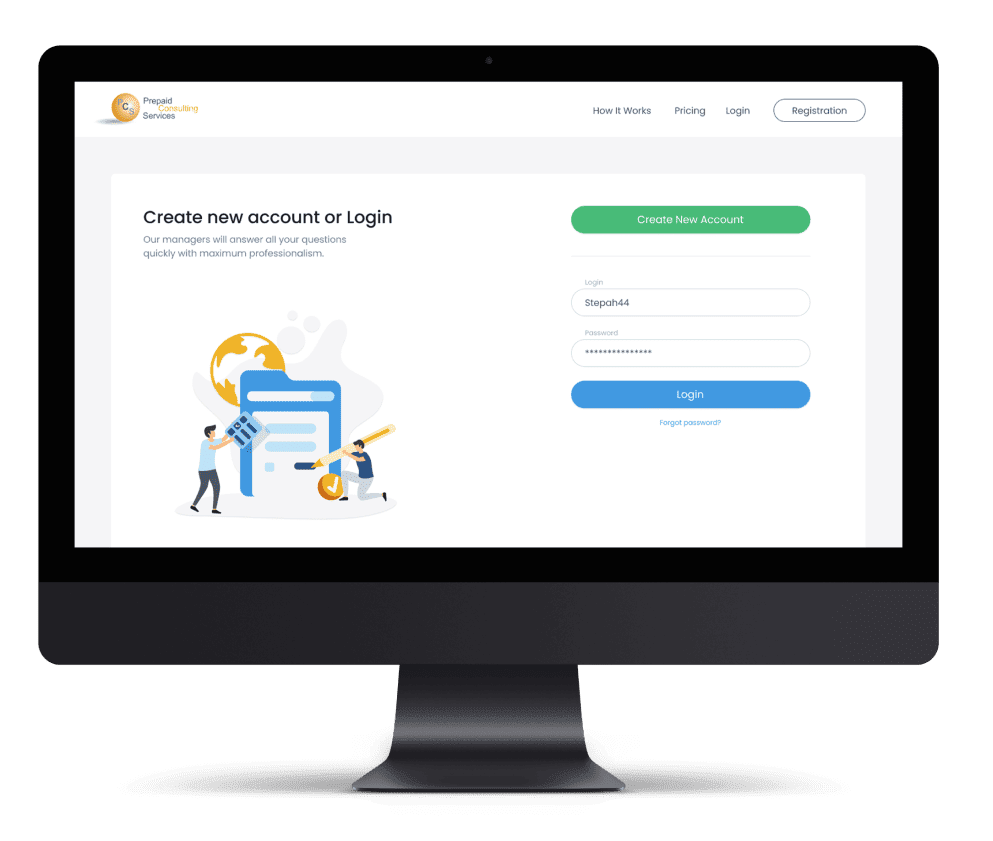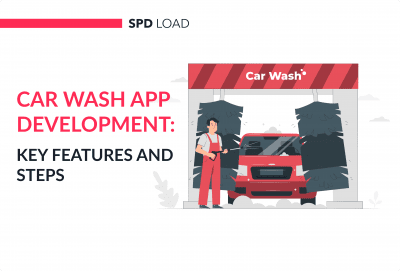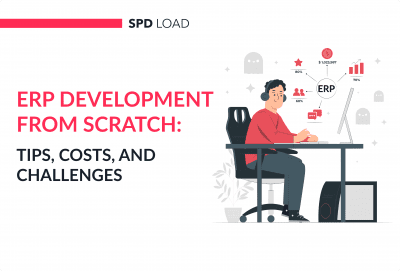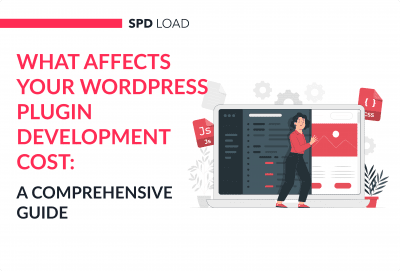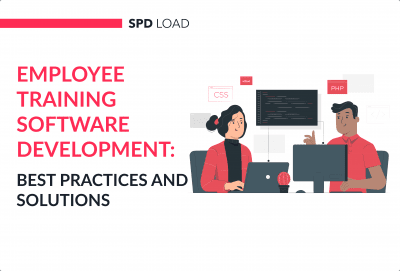Mobile App Development
Check out all the services you can hire mobile app developers from SpdLoad for
- Custom Mobile App Development Our Mobile app developers craft apps tailored to your unique business needs and audience. Whether you need an iOS app, an Android app, or a cross-platform solution, we ensure your mobile app is fast, scalable, and user-friendly. Our goal is to deliver a solution that not only works perfectly but also sets you apart in the market.
- App Development for Startups We’re here to guide you through every step of the mobile app journey, from brainstorming ideas to final deployment. Our mobile app developers provide insights on the best technologies and features to align with your goals. Think of us as your partners, helping you make smarter decisions and avoid costly mistakes.
- White Label App Development Need a mobile app you can rebrand and call your own? Hire mobile app developers to create white-label solutions that are fully functional, customizable, and ready to impress your clients. It’s a hassle-free way to expand your offerings without needing your own development team.
- Cloud Application Development With cloud-based apps, you get power, flexibility, and room to grow. Hire mobile app developers from SpdLoad build solutions that handle large data volumes, sync seamlessly in real time, and stay accessible anywhere in the world.
Consulting Services
- Mobile App Development and Consulting We’re here to guide you through every step of the mobile app journey, from brainstorming ideas to final deployment. Our mobile app developers provide insights on the best technologies and features to align with your goals. Think of us as your partners, helping you make smarter decisions and avoid costly mistakes.
- Mobile App Maintenance and Support Building a mobile app is just the first step — we’ll help you keep it running smoothly. From fixing bugs to rolling out updates and ensuring compatibility with the latest operating systems, we’ve got you covered. Our proactive support ensures your app stays secure, fast, and user-friendly.




